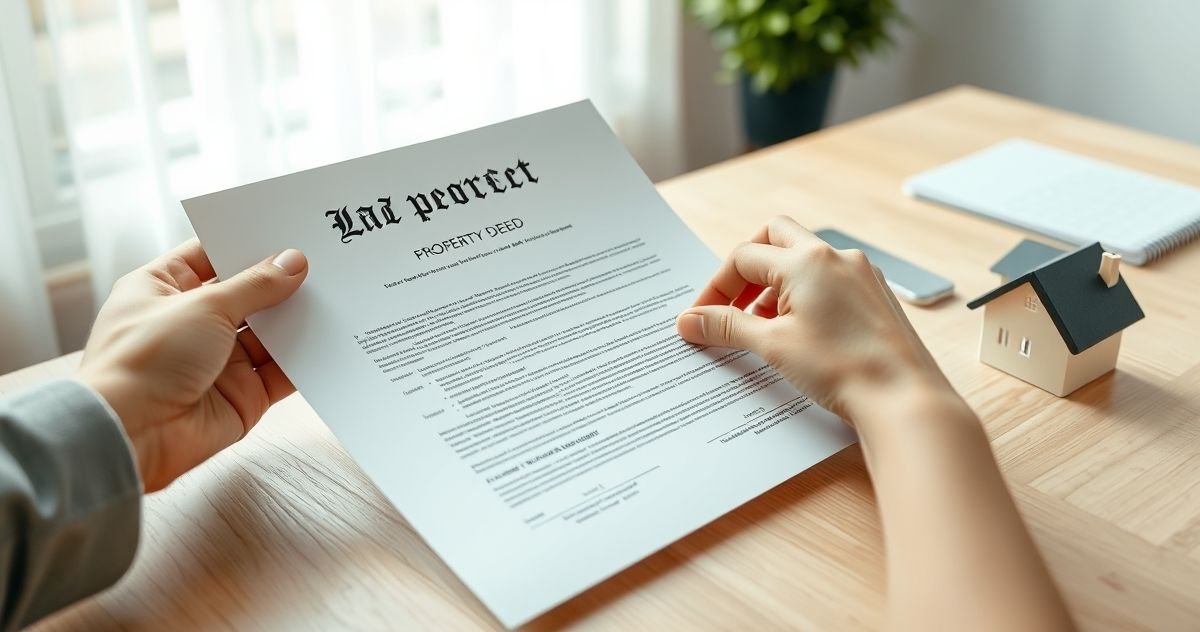Owning a property free and clear means you hold the title completely, without any mortgage loans or liens encumbering it. This status indicates you have 100% equity in your home, giving you full legal ownership and control.
Most homeowners reach this milestone by either paying off their mortgage over the loan term—typically 15, 20, or 30 years—or by purchasing the property outright with cash. However, to be truly free and clear, the property must be free of all liens, which can include mortgage liens, tax liens for unpaid property or federal taxes, mechanic’s liens for unpaid contractor bills, and judgment liens from legal settlements.
Liens represent legal claims creditors hold on your property as security for debts. If debts go unpaid, lienholders can force the sale of your property to recover funds. Therefore, clearing all liens is essential to gain full ownership.
Owning your home free and clear offers several key benefits:
- Eliminates monthly mortgage payments, freeing up cash flow for saving or investing.
- Removes foreclosure risk tied to mortgage defaults.
- Allows easier access to credit through home equity loans or Home Equity Lines of Credit (HELOCs).
- Simplifies estate planning, as heirs inherit unencumbered property.
However, there are considerations, such as the opportunity cost of paying off a low-interest mortgage early instead of investing that money elsewhere. Additionally, the asset becomes less liquid, as you typically must sell or borrow against your home to access its value.
To confirm your property is free and clear, your lender issues a “satisfaction of mortgage” or “deed of reconveyance,” which is recorded with your county. Title searches conducted by title companies will then show no active liens.
Even without a mortgage, it’s advisable to maintain homeowners insurance to protect your valuable asset from risks like fire, theft, or liability. While lenders require insurance when you have a mortgage, homeowners assume this responsibility once free and clear.
For more on homeowners insurance, home equity loans, and paying off your mortgage early, explore related FinHelp.io articles.
Sources:
- Consumer Financial Protection Bureau, What is a Lien? (https://www.consumerfinance.gov/ask-cfpb/what-is-a-lien-on-a-property-en-1217/)
- Investopedia, Free and Clear Definition (https://www.investopedia.com/terms/f/freeandclear.asp)
- NerdWallet, How to Pay Off Your Mortgage Faster (https://www.nerdwallet.com/article/mortgages/how-to-pay-off-your-mortgage-faster)
- IRS Publication 936, Home Mortgage Interest Deduction (https://www.irs.gov/publications/p936)



